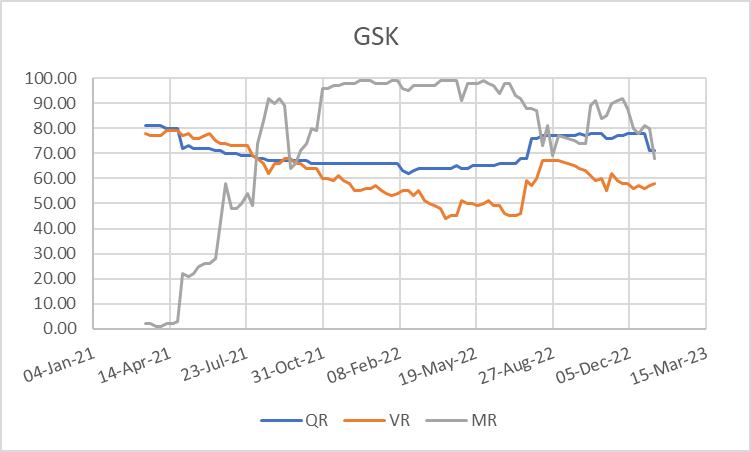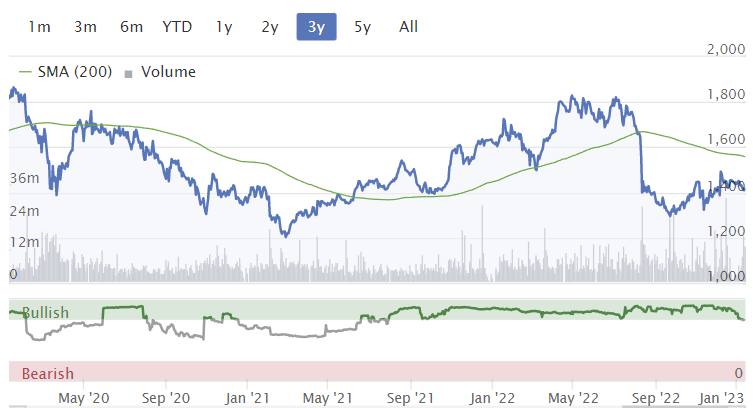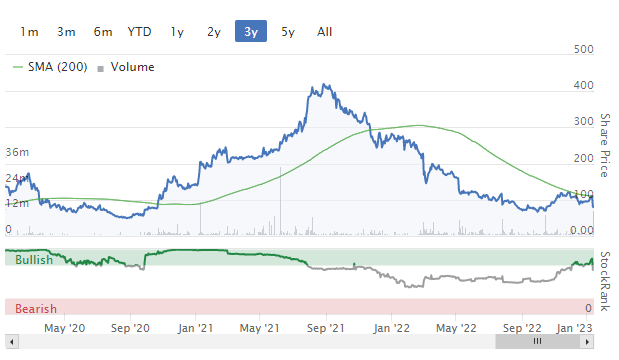When to Sell
One of the hardest parts of being a value investor is knowing when to sell. The investment industry rarely talks about selling. When it comes to research, brokers seldom recommend that investors sell a stock. Even a "Hold" recommendation is relatively rare. The reason is that such recommendations don't generate any fees. The advice of investment professionals centres around encouraging investors to buy stocks, invest in IPOs and support companies' share prices. The brokers are incentivised to be positive about fee-paying client companies to retain their business.
This bias to undue positivity is likely to be even worse when the research is paid for by the company. There's a popular saying: "if the product is free, you are the product." This principle applies to the advertising giants, such as Facebook & Google, whose social networks and tools they provide to users for free in return for copious amounts of valuable data. This same principle applies to company-paid broker notes; investors are the product, not the note.
In this environment, it can be tempting to view a Hold recommendation as a Sell since a broker is likely to have made this recommendation begrudgingly. However, the reality is that broker Buy/Hold/Sell recommendations have zero predictive power about future stock prices. Investors are as likely to generate returns from that rare Sell or Hold recommendation as from a Strong Buy. (Stockopedia founder Ed Croft explains why in this classic article.) Professional research can be a valuable source of investment information that an individual investor may not be able to access in other ways. However, when it comes to broker recommendations, these should be ignored entirely.
One way that value investors can decide to sell is when a share becomes fully valued. While this may make logical sense, the problem is that valuation is not a precise science. The value of a business depends a lot on future assumptions that may or may not prove correct. This doesn't mean that I think that estimates of intrinsic value are impossible, just that they have wide tolerances and are sensitive to changes in corporate performance, about which investors are likely to be slow in updating their prior assumptions.
The biases leading investors astray
On top of the challenge of valuation, three biases are likely to lead us astray:
Ownership Bias
We tend to overvalue what…


















